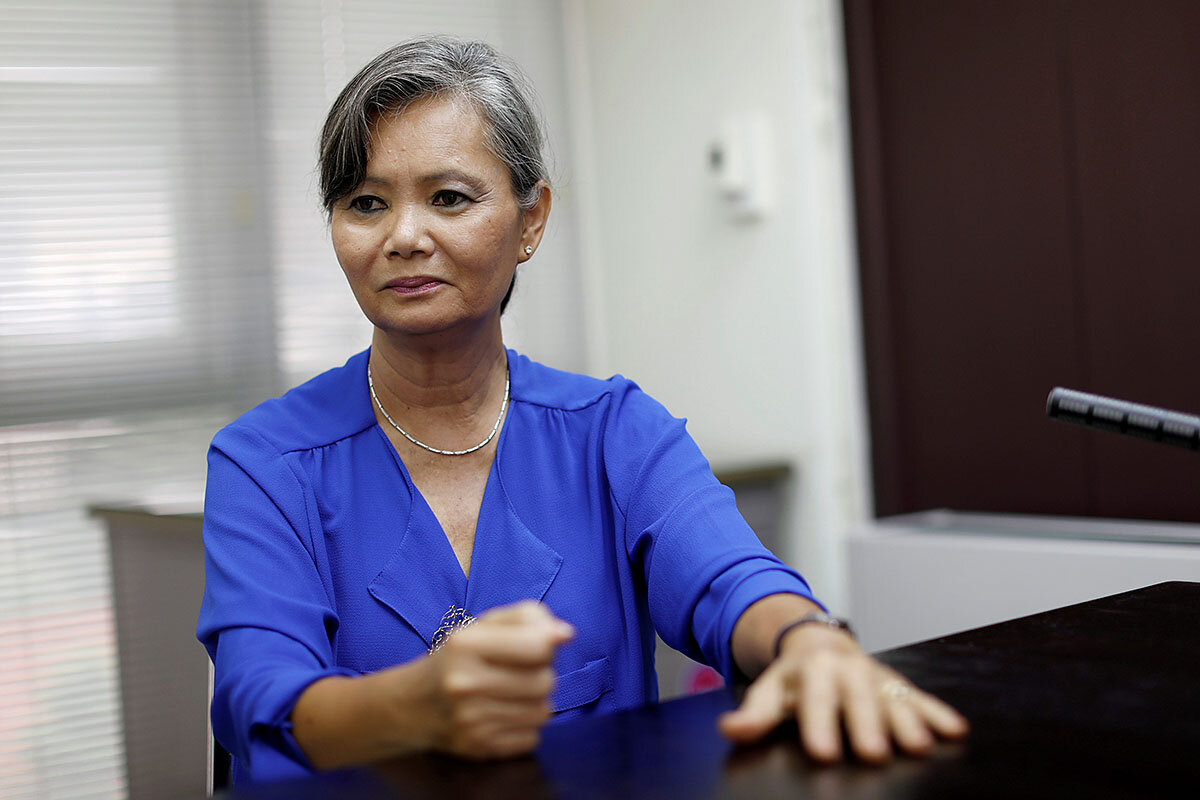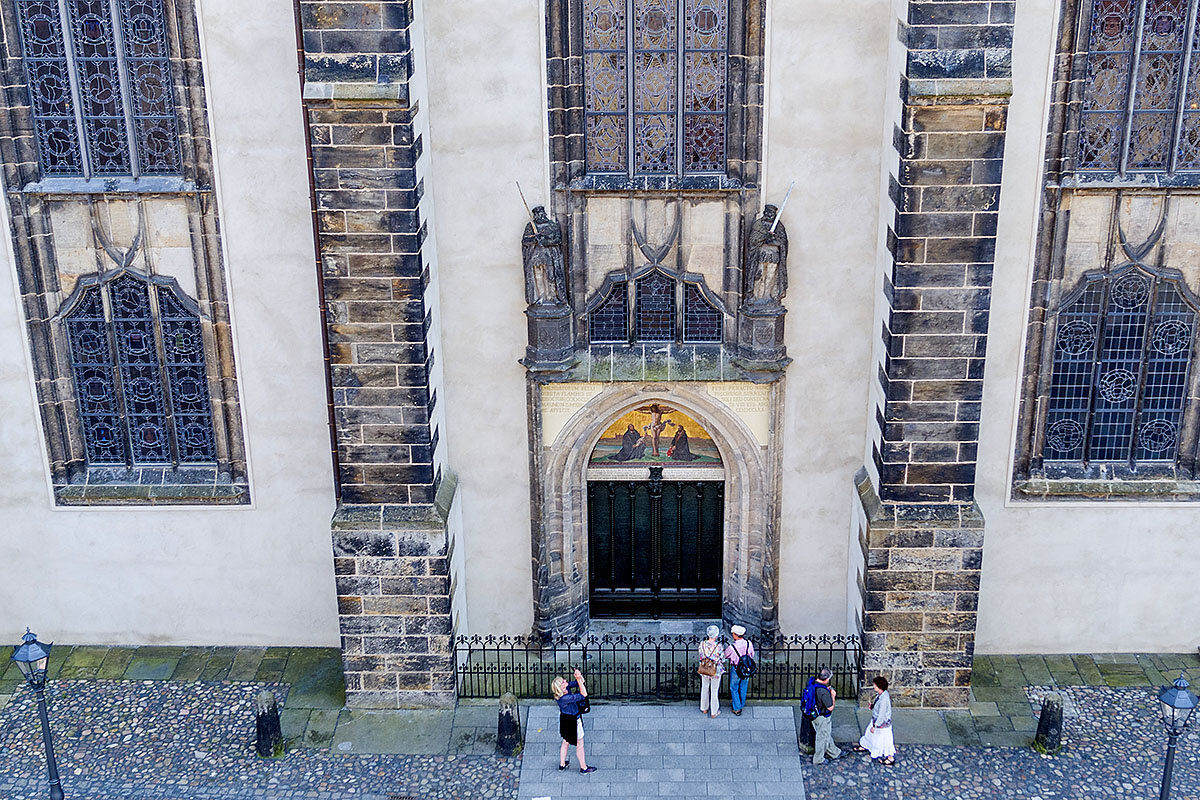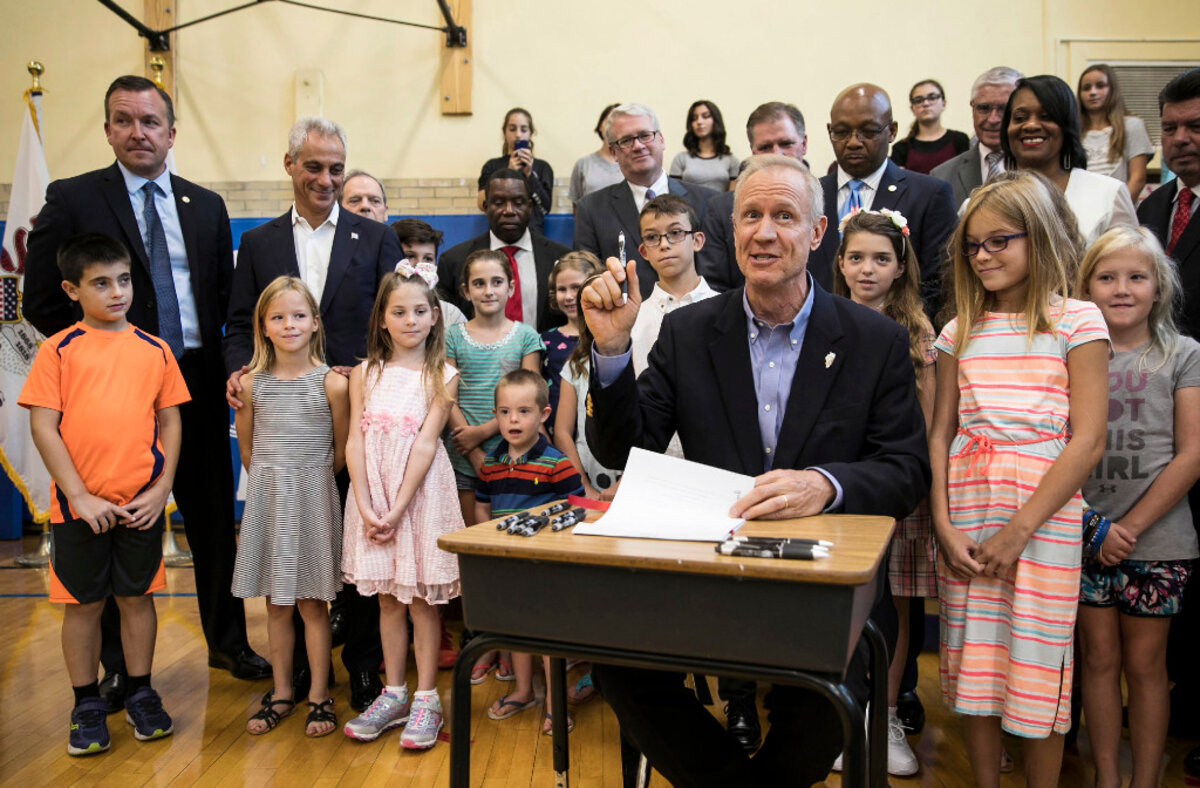It doesn’t mean that they’re a cabal with a single shared mission. But politicians who’ve locked their own careers into home-stretch mode can take a much bolder tack on intra-party skirmishes – altering dynamics, and perhaps policy.
Monitor Daily Podcast
- Follow us:
- Apple Podcasts
- Spotify
- RSS Feed
- Download
 Clayton Collins
Clayton Collins
A “real conservative.”
That’s what Republican Sen. Bob Corker called Republican Sen. Jeff Flake this week. The two men share leanings. They also share such disdain for the current tenor of US politics that they’ve both announced their end games. (Francine Kiefer writes about their near-term aims, below.)
Do the old labels work? Senator Flake has a 93 (out of 100) lifetime rating from the American Conservative Union, the Monitor’s political editor, Liz Marlantes, points out. “Yet in his speech [blasting ‘the regular and casual undermining of our democratic norms and ideals’], he said that a candidate like him, who is devoted to limited government and free markets, who favors free trade and is pro-immigration, ‘has a narrower and narrower path to nomination in the Republican Party.’ ”
There may be a deeper story. A new Pew Research study cites an evolving “political typology” – something Pew updates every few years – that lands Americans in groups based on values and attitudes, not just party affiliation. (Flake’s umbrage appeared rooted in his sense of decency.) The reclassification is as prevalent on the left as on the right, and it’s not just about outliers – Second Amendment liberals, or conservative environmentalists. Think “Market Skeptic Republicans” versus “New Era Enterprisers.”
Election-trackers will be watching to see what comes of this. “Even in a political landscape increasingly fractured by partisanship,” says the report, “the divisions within the Republican and Democratic coalitions may be as important a factor in American politics as the divisions between them.”
Watch CSMonitor.com for news updates, including on Spain’s response to Catalonia’s declaration of independence. Now to our five stories for your Friday, highlighting determination, compassion, and reinvention at work.










